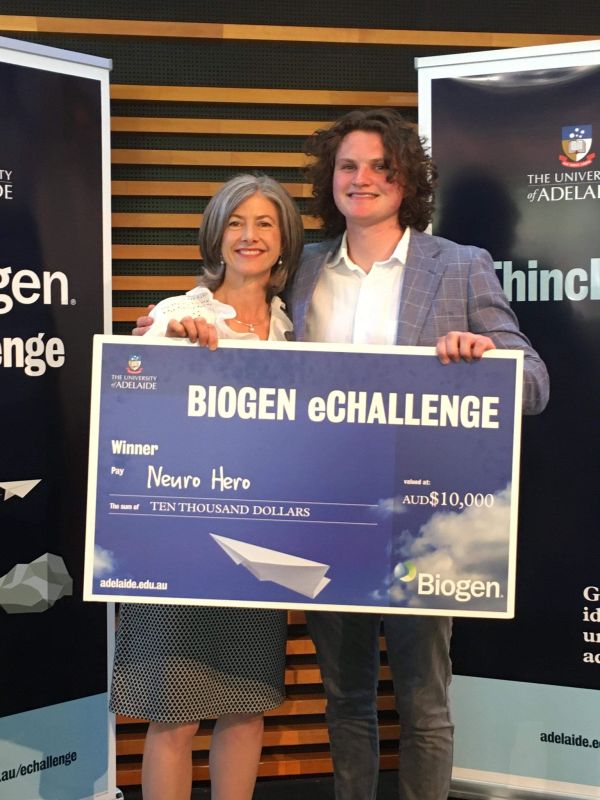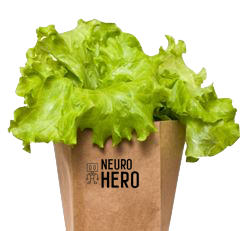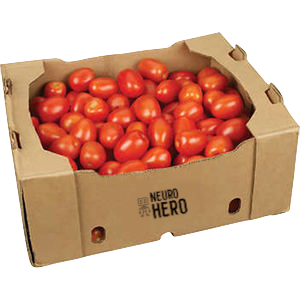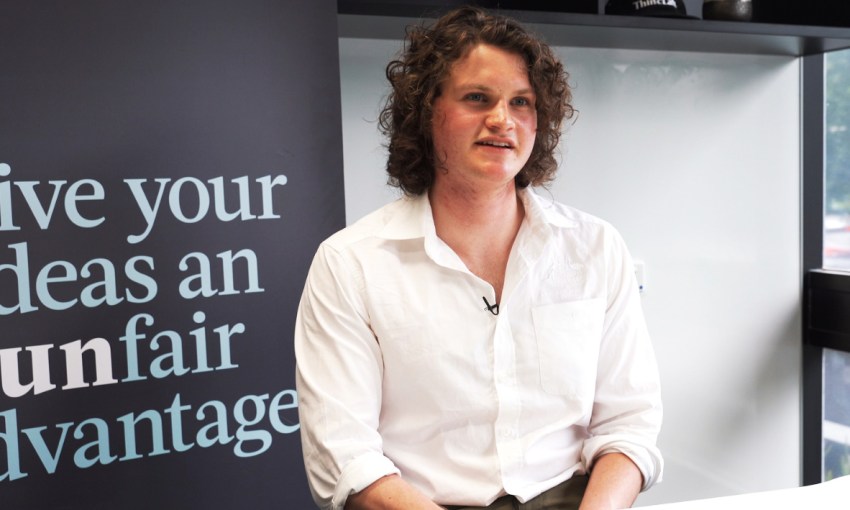Harry Spurrier, the 19-year-old son of Chief Public Health Officer Professor Nicola Spurrier, tells CityMag he’s following in his mum’s footsteps pursuing a career in health, but he's doing it his own way – with VR technology.
Growing digital greens for real gain with Neuro Hero
It must be a strange feeling to share your parent with the whole of South Australia.
Nicola Spurrier has become a regular fixture in CityMag’s life, as we tune into press conferences from our desktops almost daily, hoping for positive news.
On the contrary, her son Harry, a second-year University of Adelaide psychology student, says he doesn’t see much of his mum these days, due to her coronavirus commitments.
Harry is also pursuing the better health of the public, however, through different methods. He’s creating a VR program designed to help people living with neurodegenerative disorders.
“I’m interested in helping people and finding cool ways to do it,” Harry tells CityMag, “so I guess that was the avenue I was going for with Neuro Hero.”

Harry Spurrier with his mum, Nicola
On Tuesday, 1 December, Harry’s social enterprise Neuro Hero won the Biogen award, as part of the University of Adelaide’s Australian eChallenge, which includes a nifty $10,000 prize.
The award is given to the best idea to improve the quality of life for teenagers living with neurological disability.
The program is currently in the prototyping stage, but aims to use VR technology to transport individuals living with spinal muscular atrophy into virtual gardens.
Spinal muscular atrophy is a genetic condition affecting the spinal cord’s nerve cells that control movement in the body. Recent medical discoveries have found ways to stop the condition in its tracks – if you can afford the eye-watering price-tag.
Harry’s aim for Neuro Hero isn’t rehabilitation but to create a technology that could provide users with financial autonomy and a sense of community.
“They can be in a VR simulator of a community garden and plant produce or do various other activities in the garden, and then we correlate the statistics from the VR experience into the real world,” he explains.
“And in the real world, volunteers plant vegetables in a real garden, and then we sell the produce and pay the kids for their work, so they’ve got that community impact and they’re also getting financial independence at the same time.”
During the concept development for Neuro Hero, Harry communicated with Spinal Muscular Atrophy Australia, a national organisation aiming to raise awareness and provide community for those living with or caring for people with motor neuron disease.
Through the organisation, he got to know Sam, a teenager living in New South Wales, who told Harry that — like most teenagers — he enjoyed playing video games. Harry combined this insight with research stating gardening improved mental and public health outcomes.


An avid gamer himself, Harry is aware not everyone wants to plant virtual carrots, and so he is open to altering the Neuro Hero experience.
“You can also have mini-games,” he says.
“You could have a first-person shooter or something where they’re shooting pests, such as snails, that are coming into the garden.”
When Neuro Hero officially launches, Harry hopes to set up a stall at the Adelaide Showground Farmers’ Market and sell the produce. If that’s a success, he’s hoping to feature Neuro Hero carrots or lettuce in Foodland stores.
For now, he’s got his sights set on finishing university, with the aim to possibly pursue a career in health, similar to his mum.
“She was a paediatrician before she went into public health,” Harry says.
“Maybe I could become a child psychologist, which is I guess following in mum’s footsteps.
“I feel like improving kids’ lives, or teenagers’ lives, is great because you’re giving them a strong base for their future.”
Subscribe to CityMag for updates on Neuro Hero.




